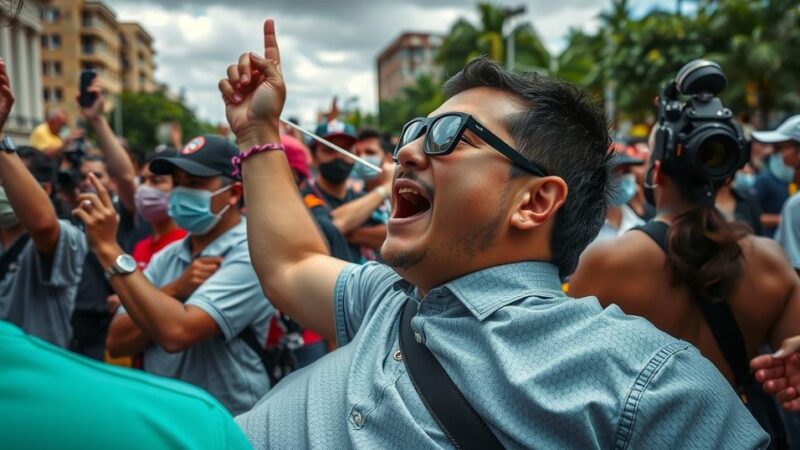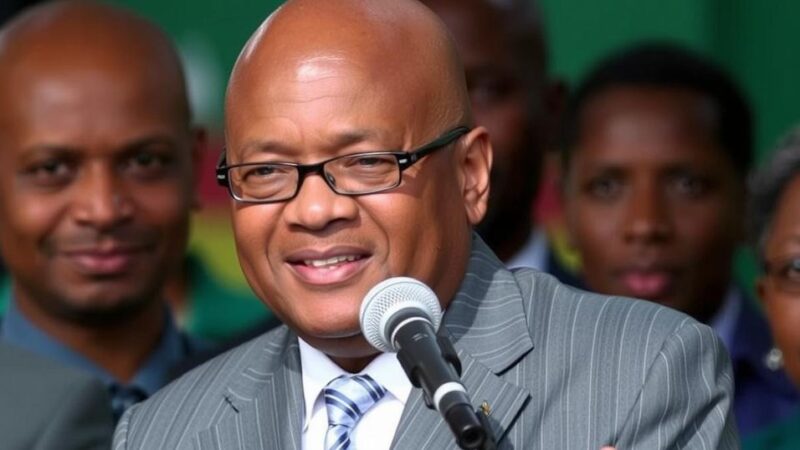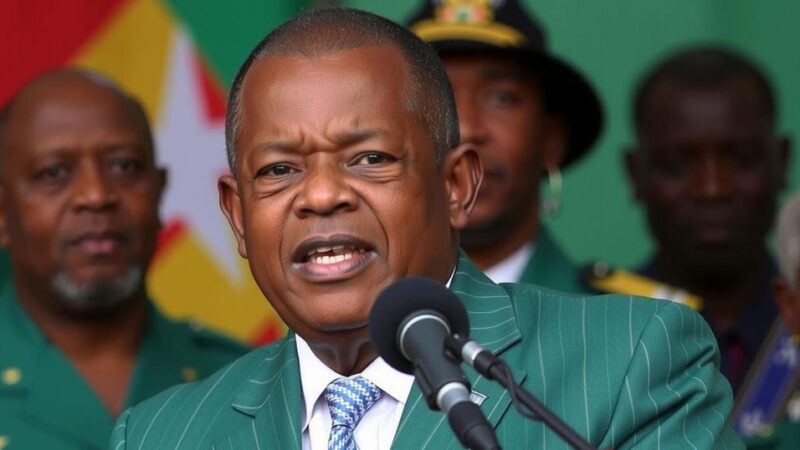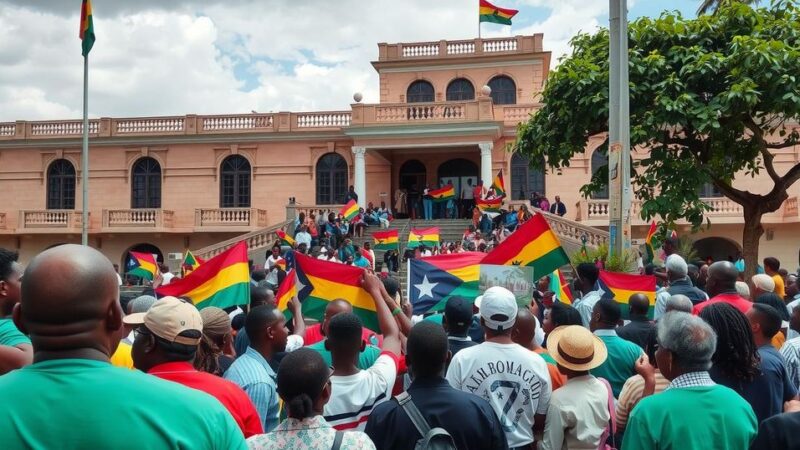The Dominican Republic has announced an expulsion initiative targeting 10,000 undocumented Haitians weekly, responding to the challenges posed by mass migration driven by instability in Haiti. This plan reflects the government’s frustration with international inaction regarding Haitian stability. The Dominican administration, led by President Luis Abinader, has escalated deportation efforts, citing a significant rise in undocumented immigrants due to economic and security crises in Haiti.
On October 2, 2024, the Dominican Republic announced an aggressive initiative aimed at expelling 10,000 undocumented Haitian immigrants weekly, a comprehensive effort to address the rising border and migration issues stemming from Haiti’s prolonged crisis. Presidential spokesman Homero Figueroa emphasized that this operation is designed to manage the excessive migrant population within Dominican territories, asserting that the expulsions will commence immediately and will adhere to strict protocols ensuring human rights are respected. The government’s decision arises from frustrations over the international community’s insufficient action in restoring stability in Haiti, a nation currently plagued by an overwhelming presence of criminal gangs. In light of this situation, a United Nations-sanctioned force, primarily composed of Kenyan troops, has been deployed to aid in restoring order to Haiti. President Luis Abinader, whose administration has maintained a stringent stance on migration since he took office in 2020, remarked on the need for decisive action: “We warned at the United Nations that either it and all the countries that had committed themselves (to helping Haiti) act responsibly in Haiti, or we will.” In addition to the planned expulsions, the Dominican government reported a record of 250,000 undocumented Haitian deportations in 2023, underscoring the urgency of their measures. The current strategy aims to more than double this number annually, significantly impacting the already notable Haitian population residing in the Dominican Republic, which officially stands at 495,815. Moreover, the Dominican government intends to identify and dismantle human trafficking networks involved in facilitating the migration from Haiti, while enhancing surveillance at the border through drone and camera technologies. Historically, tensions exist between the Dominican Republic and Haiti, stemming from socioeconomic disparities, cultural differences, and ongoing migration flows, intensified by Haiti’s struggles following a devastating earthquake in 2010 that disrupted its economy further and led to a surge in gang violence. According to the UN, over 3,600 individuals have been killed in gang-related violence within Haiti this year alone, with more than 700,000 people displaced, predominantly children. The Dominican Republic has faced pressure to accommodate Haitian refugees but thus far has resisted such calls from the international community, reinforcing its stance on immigration as it prepares to implement this latest plan.
The current geopolitical climate in the Caribbean, particularly between the Dominican Republic and Haiti, has been heavily influenced by the latter’s instability due to gang violence and economic collapse. A decade after a catastrophic earthquake, Haiti continues to struggle with governance and security, leading many Haitians to seek refuge and opportunities in the Dominican Republic, which poses significant challenges for national policies on immigration. Tensions have historically characterized the relationship between the two nations, largely due to economic inequality and cultural differences, and the recent announcement reflects a decisive shift in Dominican immigration enforcement protocols. Additionally, the involvement of the international community, particularly the United Nations, has come under scrutiny as President Abinader demands more active engagement to stabilize Haiti. The measures taken by the Dominican Republic, including the construction of a fortified border wall and increased deportations, illustrate how domestic policy is influenced by external pressures and internal security concerns.
The Dominican Republic’s recent decision to expel 10,000 undocumented Haitians weekly represents a significant escalation in its migration policy, driven by a need to manage border security and a considerable migrant population. This initiative highlights the complexities of regional migration policies influenced by Haiti’s ongoing turmoil and the Dominican government’s efforts to uphold its national sovereignty amidst international calls for humanitarian assistance. The expulsion plan aims not only to address current migrant inflows but also to dismantle trafficking networks and enhance surveillance along the border, seeking a broader strategy to mitigate the challenges posed by irregular migration and border management.
Original Source: www.jamaicaobserver.com







